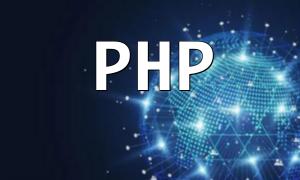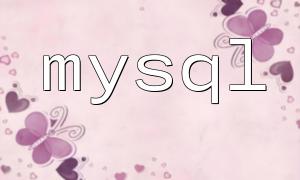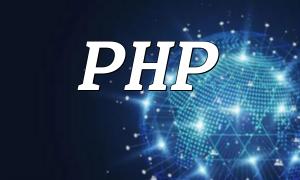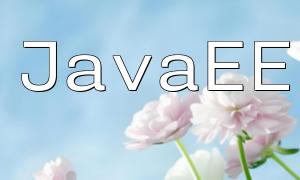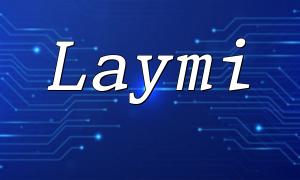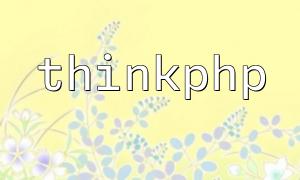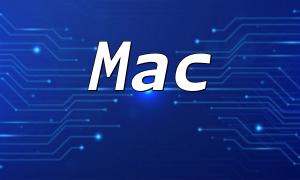As digital transformation accelerates, artificial intelligence (AI) has become widely applied in the field of image processing. While PHP is not primarily used for direct image processing, it plays a vital role in building backend architectures for AI image processing applications. This article explores how PHP frameworks collaborate with AI technologies to create efficient and powerful image processing systems.
PHP frameworks provide standardized structures and code reuse logic to help developers quickly build stable and maintainable applications. Popular frameworks like Laravel, Symfony, and CodeIgniter offer rich features and flexibility to meet various project requirements.
Laravel is known for its elegant syntax and rich built-in functionality, especially suited for medium to large projects. Its routing system, authentication mechanisms, and ORM support provide a solid foundation for building AI image processing backends.
AI image processing covers tasks such as image classification, object detection, and image generation, relying on deep learning models to achieve high-precision analysis and processing. These technologies greatly enhance the intelligence of image applications.
AI image processing projects typically combine multiple technologies: Python is responsible for model training and inference, while PHP serves as the backend service providing API support, interacting with the frontend and AI models via RESTful APIs.
Although PHP is not suited for executing complex machine learning tasks directly, it can efficiently leverage AI models built in languages like Python by calling external services, enabling flexible integration.
The following example demonstrates how to build a simple REST API using the Laravel framework to receive image data and return AI processing results:
// routes/api.php
use App\Http\Controllers\ImageProcessingController;
Route::post('/process-image', [ImageProcessingController::class, 'processImage']);
Using a controller, the GuzzleHTTP client sends requests to the AI service and obtains processing results:
// app/Http/Controllers/ImageProcessingController.php
namespace App\Http\Controllers;
use Illuminate\Http\Request;
use GuzzleHttp\Client;
class ImageProcessingController extends Controller
{
public function processImage(Request $request)
{
$client = new Client();
$response = $client->post('http://localhost:5000/predict', [
'form_params' => [
'image' => $request->file('image')
]
]);
return response()->json(json_decode($response->getBody()));
}
}
In practical applications, image processing typically involves the following steps:
With an HTML form, users can easily upload images, while Laravel handles the backend upload logic:
// Example in a view file
@csrf
<input type="file" name="image" />
<button type="submit">Upload and Process</button>
Although PHP frameworks do not perform complex AI computations directly, they play a central role in building high-performance web services and APIs. By combining AI models implemented in languages like Python, PHP developers can create complete and efficient AI image processing solutions that meet modern application needs. Looking forward, deeper integration of PHP and AI technologies is expected to bring more innovations and opportunities.
